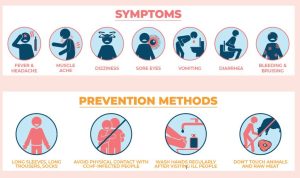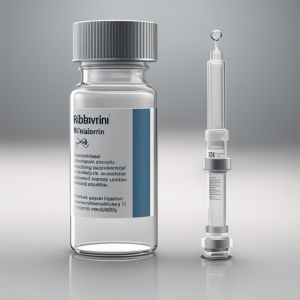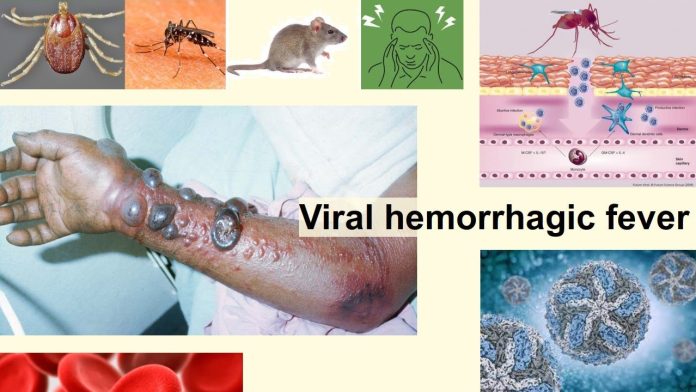Three health workers at the emergency ward of the 44 Army Reference Hospital, Kaduna have lost their lives to suspected viral hemorrhagic fever.
For this reason, the authority of the military hospital has shut down the emergency ward and samples taken from suspected contacts of the deceased have been sent to the Nigeria Centre for Disease Control [NCDC] laboratory in Kano for analysis.
The hospital’s Corps Commander, Medical, Brig-Gen S. O. Okoigi, said in a statement on Thursday, “The Accident and Emergency Department of 44 Nigerian Army Reference Hospital, Kaduna, has lost three members of staff and a patient suspected to have died from acute Viral Hemorrhagic Fever, VHF.
common symptoms in those affected included fever and nonspecific symptoms like malaria, complicated by abnormal liver function, acute kidney failure, etc
“This followed the management of a patient with febrile illness thought to have been the index patient with the disease 10 days ago. The patient also died from the suspected disease condition.”

He explained that the common symptoms in those affected included fever and nonspecific symptoms like malaria, noting that the illness was complicated by abnormal liver function, acute kidney failure, encephalopathy, microangiopathy, and elevated D-dimer, among others.
“The Accident and Emergency has been closed for thorough disinfection process and samples have been taken from suspected contacts and the deceased and sent to the Nigeria Centre for Disease Control, [NCDC] laboratory in Kano for analysis,” the Corps Commander added.
Similarly, he said the Kaduna state epidemiologists have been invited to help in unravelling the etiology of the febrile illness to curtail the spread of the disease.
 This, he said, was in addition to the strict disease infection prevention and control measures that have been directed to be placed, adding that Ribavirin injection (antiviral agent) has also been commenced on other suspected cases and those identified on contact tracing.
This, he said, was in addition to the strict disease infection prevention and control measures that have been directed to be placed, adding that Ribavirin injection (antiviral agent) has also been commenced on other suspected cases and those identified on contact tracing.
He said the hospital has also been directed to suspend accepting new cases from the general public in the interim while the situation is being contained.
According to him, the significant risk of contracting VHF among healthcare workers underscores the need to strengthen IPC practices across all Nigerian Army health facilities
the hospital has been directed to suspend accepting new cases from the general public in the interim while the situation is being contained
He said, “Prevention remains the best approach in dealing with such outbreak since treatment options are limited against a background of high mortality often recorded as in the current case at 44 Nigerian Army Reference Hospital, Kaduna.
“This can be achieved by raising the level of hospital preparedness for VHF outbreaks through capacity building and ensuring the use of universal precautions when dealing with all patients.
“Sequel to the foregoing, it is imperative that all units put in place strict IPC
measures immediately to safeguard hospital staff and patients.
“Furthermore, IPC guidelines are to be strategically located for all members of staff to see and adhere to.”
Ribavirin injection (antiviral agent) has also been commenced on other suspected cases and those identified on contact tracing
According to experts, IPC measures state that the Health care worker should put on N-95 respirator, gown, gloves, goggles, or face shield. N95 must not be removed until the healthcare worker is outside the patient’s room with the door closed. All other precautions that apply in contact and droplet precautions should also be maintained.
The guidelines of IPC instruct providers to take steps to prevent the spread of disease, such as providing training, practicing hygiene, disinfecting spaces, and using personal protective equipment.


